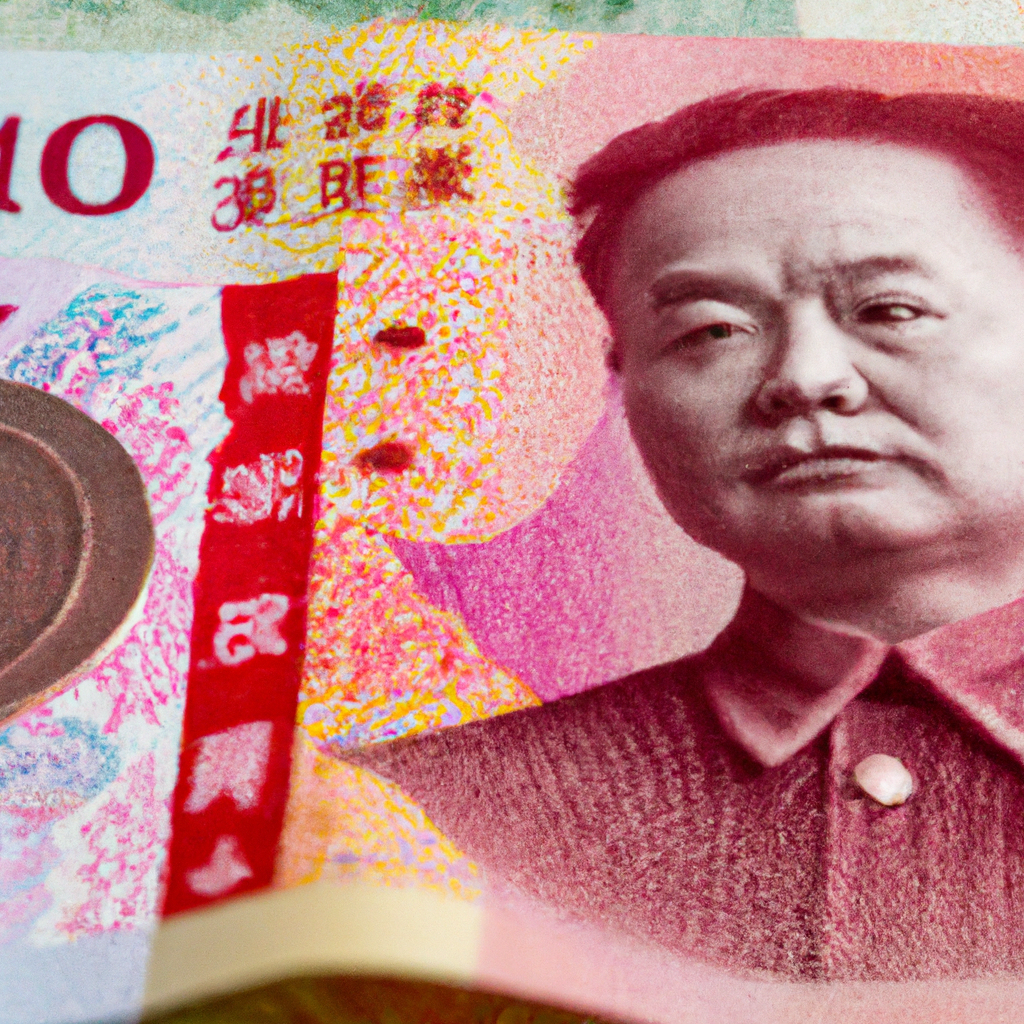According to official data from the Chinese Communist Party, foreign investment withdrew 8.1 billion US dollars in the third quarter. Analysts point out that this is mainly due to geopolitical tensions, pessimism about the Chinese economy from external sources, and the more intense competition among Chinese companies in industries such as automobiles.
On November 8, data released by the State Administration of Foreign Exchange of the Chinese Communist Party showed that direct investment liabilities in the balance of international payments decreased by 8.1 billion US dollars in the third quarter. This indicator measuring Foreign Direct Investment (FDI) has dropped by nearly 13 billion US dollars in the first nine months of this year.
Bloomberg pointed out on November 11 that the fact that foreign companies withdrew more funds in the third quarter indicates that some investors hold a pessimistic attitude towards the Chinese economy, despite Beijing’s introduction of a series of stimulus measures to stabilize growth.
The report stated that over the past three years, foreign investment in China has been declining primarily due to geopolitical tensions, pessimism about the Chinese economy, and the intense competition among domestic Chinese companies in industries such as automobiles. If this downward trend continues in the remaining months of this year, it will be the first year of net outflow of FDI with comparable data since at least 1990.
Companies that have already downsized their operations in China this year include automobile manufacturers Nissan and Volkswagen, as well as Konica Minolta.
In addition, in July, Nippon Steel of Japan announced that it would exit a joint venture in China; by the end of August, IBM declared the complete closure of its research and development department in China, affecting thousands of employees.
The report mentioned that the prospect of the trade war escalation and the deterioration of US-China relations following Trump’s victory in the US presidential election may further suppress investment. Allan Gabor, Chairman of the American Chamber of Commerce in Shanghai, stated that “geopolitical tensions” are the most concerning issue for members of the chamber, making it difficult to plan for large-scale investments. On the other hand, they have observed many members engaging in small to medium-sized investments.

